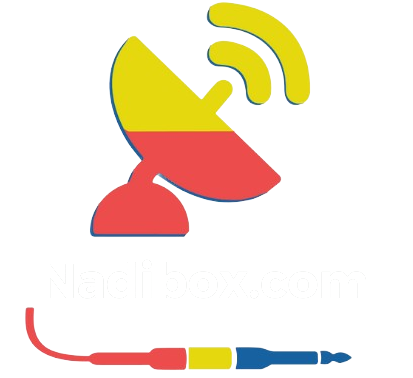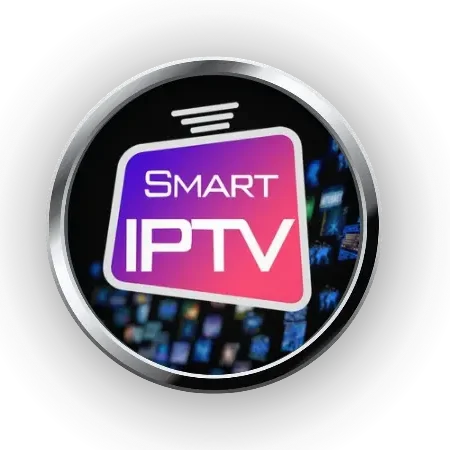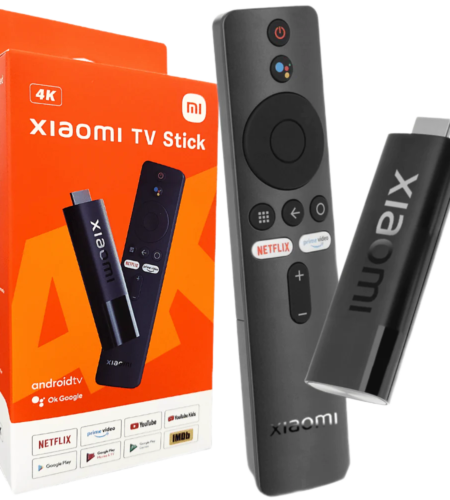IPTV (Internet Protocol Television) is a system that allows you to watch television using the Internet Protocol (IP) instead of using traditional systems such as satellite or cable. IPTV relies on a broadband architecture to access television content, enabling the
delivery of live streaming, video on demand (VOD), and other interactive services.
IPTV works through a series of integrated steps that include content acquisition, conversion, transmission, and reception by the end user. Here is an explanation of each of these stages:
Get content:
Capture TV Channels: TV channels are captured from various sources (satellite, cable, or terrestrial).
Content Input: Content is fed into the IPTV system using receivers or streaming servers.
Content conversion:
Video encoding: TV content is converted to compressed digital formats using technologies such as H.264 or H.265 to reduce the size of the data without significantly affecting quality.
Content Splitting: Content is split into small packets that can be sent over the Internet.
Content Distribution:
Streaming Servers: Content is stored on streaming servers that send packets to users upon request.
Content Distribution Networks (CDN): Content Distribution Networks are used to improve the speed and efficiency of distributing content over the Internet through the use of geographically distributed data centers.
Content reception:
Peripheral devices: Content is received on peripheral devices such as smart TVs, set-top boxes, or IPTV applications on smartphones and tablets.
Content Display: The content is decoded and displayed to the end user in high quality.
IPTV Features
Interactivity: Users can interact with content further through services such as video on demand (VOD), pause, replay, and interactive programming.
Personalization: Content can be personalized for users based on their preferences and viewing history.
Quality: IPTV provides high broadcast quality (HD and 4K) thanks to modern compression technologies.
Integration: IPTV can be integrated with other Internet services such as browsing, music streaming, and gaming.
IPTV challenges
Infrastructure: IPTV requires a strong Internet infrastructure to ensure high quality of service.
Latency: Users may experience a delay in transmission due to the conversion and distribution of data over the network.
Ownership Rights: Managing content ownership rights is a major challenge for IPTV platforms.




